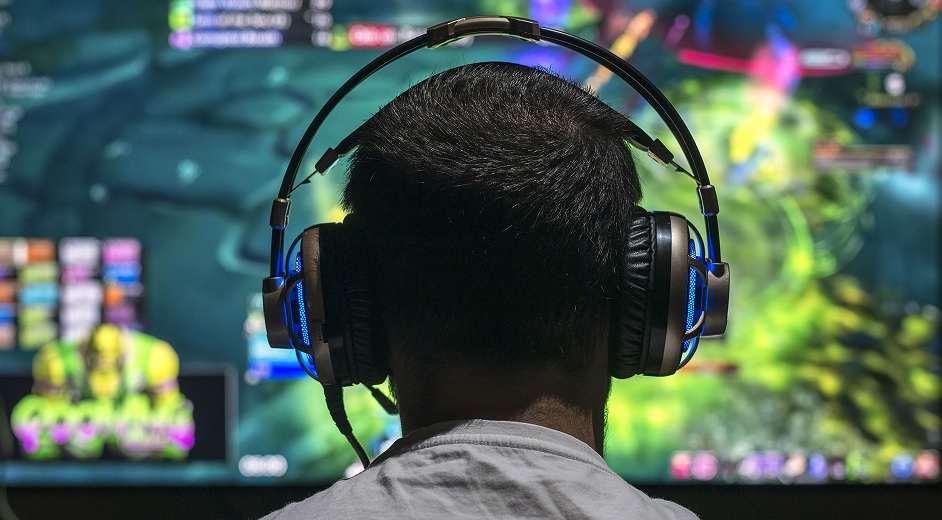RIO DE JANEIRO, BRAZIL – Recently, with the announcement of the arrival of Tencent, the Chinese gaming and technology giant in Brazil, the Brazilian gaming industry was again in the global spotlight.
Here, it is not only the potential for technology development on a global level that attracts large companies but mainly the passion of Brazilians for the hundreds of franchises and the enormous engagement that ends up influencing new business modalities such as licensing.
Brazil is the largest game market in Latin America, with an estimated revenue of R$11 billion in 2021 and a growth of 6% forecast for 2022, according to the consultancy Newzoo; in addition, the country is highlighted in consumption, but also the hiring of skilled professionals for the industry.

The 9th edition of the Game Brazil Survey (PGB), the main survey of the sector, revealed a growth of 2.5 percentage points over the previous year, with 74.5% of the sample of the population of Brazil claiming to play in 2022.
In other words, Brazilians consider themselves more and more gamers.
The Brazilian public’s engagement with electronic games appears even stronger when one notes that, for 76.5% of gamers, electronic games are the main form of entertainment.
This number shows a progressive increase: it registered 57.1% in 2020 and 68% in 2021, totaling an increase of 8.5 percentage points in this 9th edition.
“When you have this level of passion and participation, it is up to us – one of the world’s leading gaming companies – to dedicate ourselves here to support our players and provide them with memorable experiences,” said Fernando Mazza, chosen to be Tencent’s country manager in Brazil.
RECORD EXPORTS
The presence of Brazil in this ecosystem, however, is not limited to engagement; it also reflects in business and exports.
Last year, exports of games developed here grew by 600%, represented by 140 companies participating in the Brazil Games project. The industry’s revenue exceeded R$10 billion.
Rodrigo Terra, president of Abragames and co-founder of ARVORE Immersive Experiences, explains that the initiative aims to train companies to export products safely and insert Brazilian entrepreneurs in the international game production scenario.
“The games market has a 100% export nature; its digital format has the potential for services and products to be easily distributed. Through our actions and the quality of the Brazilian workforce, Brazil’s game products and services are present in 95% of the countries around the world,” says Terra.
“Our country occupies the thirteenth position in developing the games market. There is still a long way to go in terms of the ecosystem. Brazil is the largest game producer in Latin America. It represents the region and the powerhouse in game delivery for entertainment and other industries. It is worth remembering that games are not only entertainment. There are other applications such as education, training, and even health, which makes us the fifth country in game consumption globally,” says Terra.
Still, according to the executive, “despite all these contexts, the industry is very new. In the 1980s or 1990s, there was no incentive to form an ecosystem. It was born alone in Brazil; the entrepreneurs created the studios regardless of the moment of the economy or with foment and support or not; that is, it grew organically and structured itself to follow this path. In fact, having a unicorn today is still very little. It is worth remembering that this unicorn is also unique in Latin America,” concludes Terra referring to the Brazilian company Wildlife, the first game studio in Latin America to be worth more than US$1 billion.
With information from Forbes

